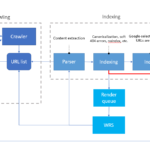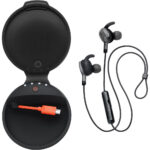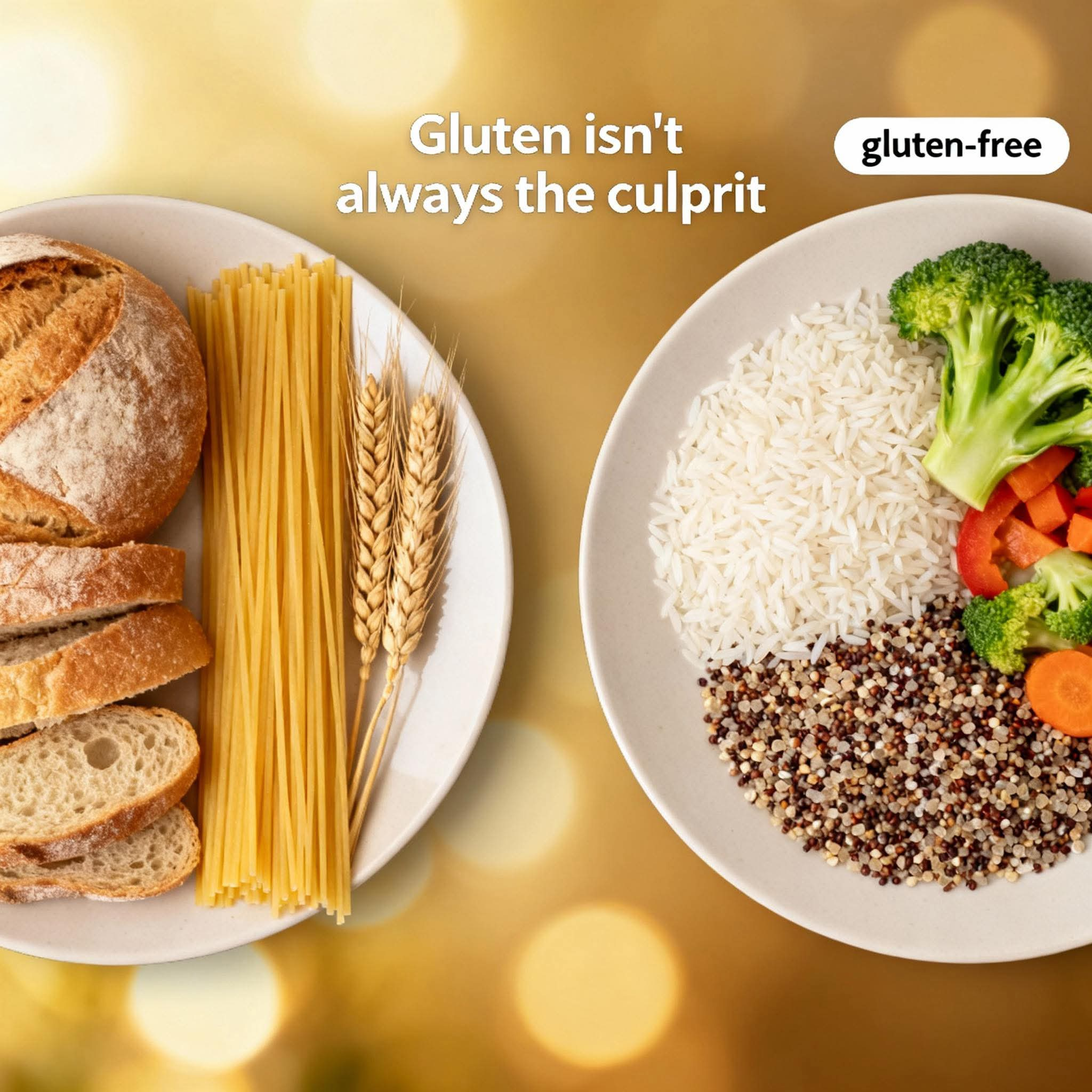Why Am I Still Hungry After Eating Junk Food?
By Saumya Sharma, INFS Certified Coach
#infscertified #healthyhabits #junkfoodcravings #nutritionawareness
🍔 Introduction: The Strange Case of “Still Hungry After Eating”
Ever polished off a bag of chips or cookies only to feel… hungrier? You’re not alone. This isn’t about weak willpower — it’s how junk food is scientifically engineered to hijack your body and brain.
Many people ask,
“Why do I crave more food after junk food?”
“Why don’t I feel full even after eating a lot of snacks?”
Let’s decode the nutritional and biological reasons behind this phenomenon — and what you can do to fix it.
Junk Food Is a Nutritional Desert
High in Calories, Low in Nutrients
Junk food is typically ultra-processed and devoid of essential nutrients like:
- Protein (required for fullness and muscle repair)
- Fiber (helps in slow digestion and gut health)
- Vitamins & Minerals (essential for cell function and satiety signaling)
When your body receives a flood of empty calories, it tries to compensate by demanding more food in search of the missing nutrients.
Examples of Empty-Calorie Foods:
- Soft drinks
- Potato chips
- Candy bars
- Instant noodles
- Packaged pastries
Fix It
Balance indulgence with whole foods. Examples:
- Pair chips with hummus, Greek yogurt dip, or guacamole
- Eat a handful of almonds along with your sweet treat
- Add a side of boiled eggs or paneer cubes when snacking
These add protein, healthy fats, and micronutrients — giving your body what it’s actually looking for.
The Blood Sugar Roller Coaster
How Junk Food Wrecks Your Glucose Levels
Junk foods like cookies, white bread, fries, and sugary beverages are fast-digesting carbs. These spike your blood sugar and cause a corresponding insulin response. After the initial sugar “high,” you crash.
The Crash-Cycle:
- You eat high-sugar junk food
- Blood sugar spikes rapidly
- Insulin is released → sugar drops suddenly
- You feel tired, hungry, irritable again
- You crave more sugar for another “fix”
This is known as reactive hypoglycemia and is a major driver of overeating and constant cravings.
H3: Fix It
Prevent sugar spikes by combining your carbs with protein, fiber, or fat.
Examples:
- Instead of plain toast, try egg toast
- Add nuts to your fruit snack
- Replace soda with buttermilk, lemon water, or herbal teas
These combos help slow digestion and provide steady energy.
Junk Food Hacks Your Brain
Salt + Sugar + Fat = Dopamine Overload
Junk food is hyper-palatable — carefully engineered to hit all the pleasure points in your brain’s reward system. This causes a dopamine surge, similar to what happens during addiction.
- Dopamine = the “feel good” neurotransmitter
- Junk food = instant reward without effort
- Brain learns: Eat more = Feel good
Even if you’re physically full, your brain still wants more.
Studies have shown that ultra-processed foods light up reward centers in the brain similarly to addictive substances.
Fix It
Build awareness to reduce impulse consumption:
- Pause for 10–15 minutes before acting on a craving
- Drink water or chew sugar-free gum
- Ask: “Am I truly hungry, or am I emotionally triggered?”
- Don’t keep junk food within easy reach at home
Mindful eating reduces dopamine addiction and re-teaches your brain how to enjoy food slowly.
⚠️Real Hunger vs. Pseudo Cravings
Are You Actually Hungry? Or Just Nutrient-Deprived?
Your body has internal sensors for nutrients like:
- Amino acids (protein)
- Glucose (energy)
- Essential fats and vitamins
If you eat processed food, these sensors don’t get triggered properly, leaving you feeling unsatisfied despite a full stomach.
Also, junk food overrides your natural satiety hormones:
- Ghrelin (hunger hormone) stays high
- Leptin (fullness hormone) is ignored
Fix It
Use the Apple Test to differentiate real hunger from cravings:
“Would I eat an apple or boiled eggs right now?”
- If yes → You’re likely truly hungry
- If no → It’s probably a mental craving or emotional urge
Choose whole, single-ingredient foods to retrain your hunger cues.
🧠 Bonus Insight: Emotional Eating and Stress
Junk food is often a coping mechanism for stress, anxiety, or boredom.
- Stress increases cortisol, which boosts cravings for comfort foods
- Emotional eating creates a feedback loop of guilt and more craving
- Lack of sleep also increases ghrelin → making you hungrier
Fix:
- Manage stress with walks, journaling, deep breathing, or music
- Prioritize 7–9 hours of quality sleep
- Practice gratitude or mindfulness during meals
✅ Summary: Outsmart the Hunger Games
| Root Cause | Why It Happens | What To Do |
|---|---|---|
| Low nutrients in junk food | No fiber, no protein, empty cals | Add real food like nuts, yogurt, eggs |
| Blood sugar crash | Quick digesting carbs | Choose complex carbs + protein |
| Dopamine-driven craving | Pleasure override | Step away, distract, hydrate |
| Emotional hunger | Stress, boredom | Find non-food coping tools |
💡 Final Words by Saumya Sharma, INFS Certified Coach
“Understanding how junk food affects your brain and body is the first step to gaining control. It’s not about giving up your favorite snacks—it’s about knowing how to outsmart them.”
Fuel your body with real nutrition, listen to your hunger cues, and you’ll find that those persistent cravings start to fade. And yes, you can still have your chips—just with awareness and a side of protein! 😉









